Did you know that Carnival is not only a festival, but a celebration that influences local vocabulary and customs?
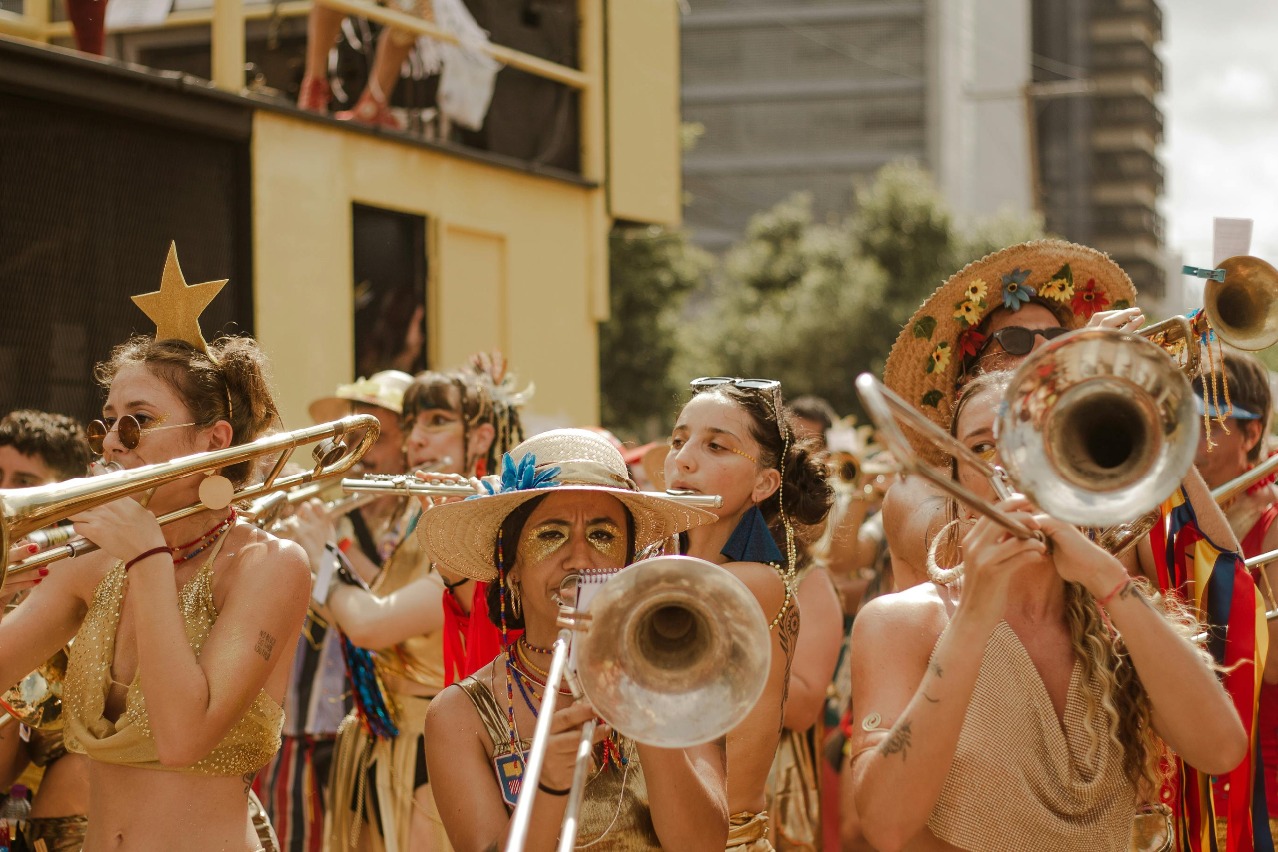
This celebration, although famous for its parades, costumes and music, also has a deep connection to the languages and cultural expressions of each place. Each region of the world has its own Carnival with its own linguistic identity.
For example, in Brazil, samba is much more than a dance: it is the soul of Caranval. Its name comes from the Portuguese word semba, which describes the rhythmic movement of the dance that has African roots. Each step, each rhythm, has a story that is passed down from generation to generation, creating a true language of rhythm that unites people at the party. Imagine learning Portuguese while immersing yourself in the music and dance!
On the other hand, in Colombia, the famous Carnival of Barranquilla, the cúmbia and mapalé stand out as the most representative rhythms. The cúmbia, with its fusion of indigenous, African and Spanish influences, has its own language of sounds that invoke both the history of the region and the joy of its people. In Barranquilla, in addition to dancing, songs full of local expressions are also taught, uniting the language with the living culture.
Curiosity: Did you know that in Colombia, the word ‘cumbiamba’ is used to refer to a party or a group of musicians who play cumbia during Carnival? Languages merge with the party!
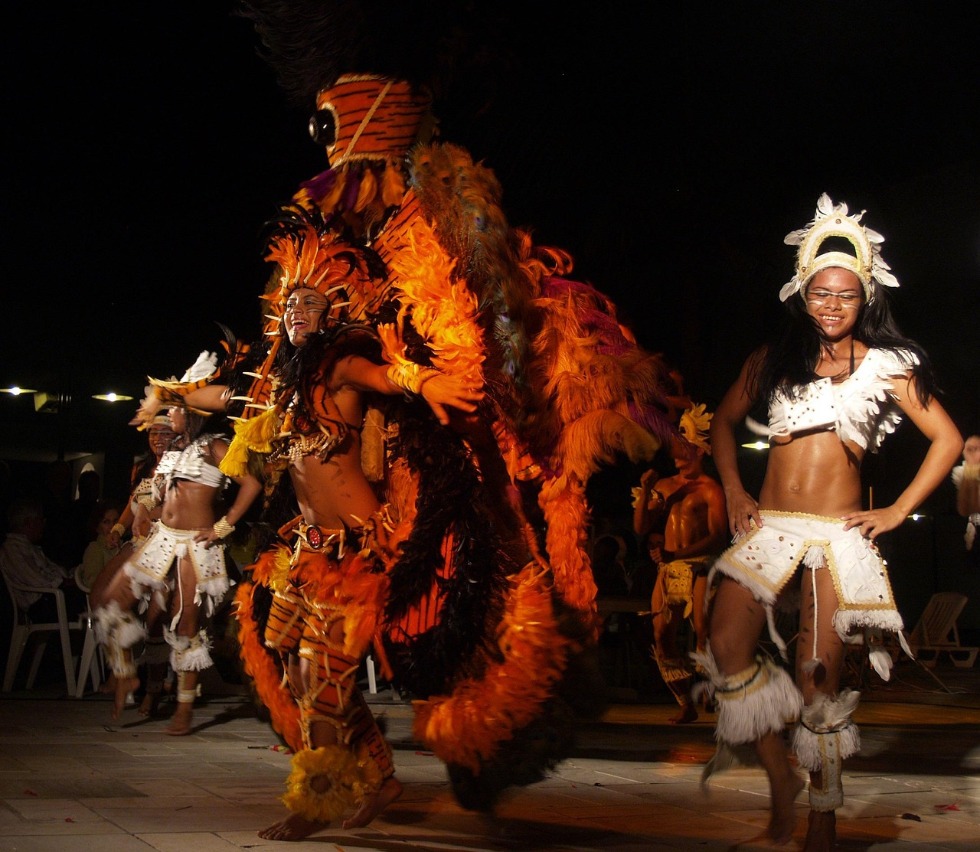
In New York, the Brooklyn Carnival is one of the city's biggest celebrations. This event, which is a fusion of cultures, is marked by calypso, soca and salsa music, which comes from Caribbean communities. Although English is the main language, expressions and words from Jamaican patois, Spanish and even African languages can be heard at the carnival. This linguistic mix makes it the perfect place to learn English and improve your skills in a city that breathes diversity.
In Venice, Carnival is known for its mysterious masks, and their use has a tradition that speaks of social equality, as people shed their everyday identities. Here, the term carnevale originates from the Latin expression carn-lleves (to carry the meat), alluding to the fact that it is a festival that traditionally marks the beginning of Lent.
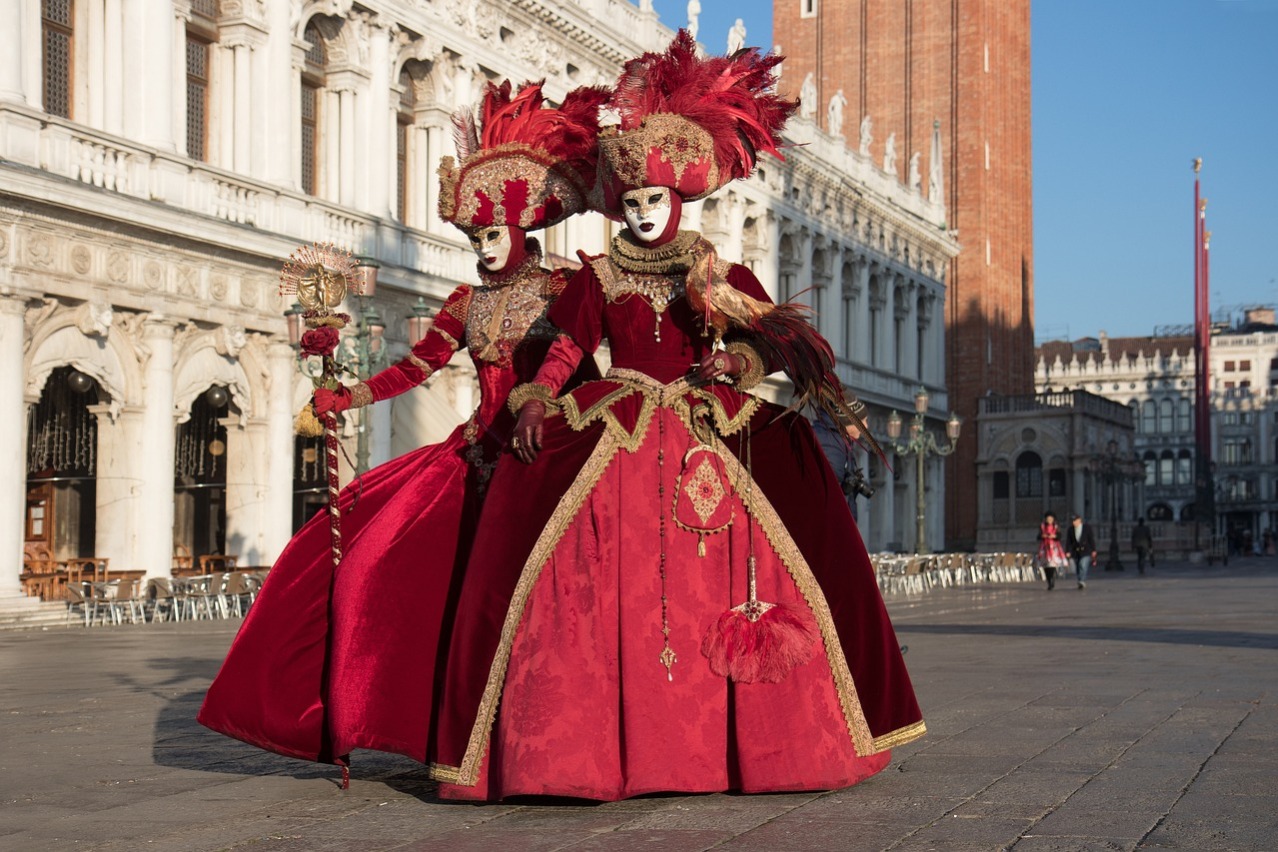 New Orleans, famous for its Mardi Gras tradition, is a fusion of French, Spanish and African cultures. The local lexicon, influenced by French and Creole heritage, is an example of how language can adapt and evolve over time. Words such as ‘krewe’ (referring to the groups that participate in the parades) or ‘beads’ (the beads that are thrown into the crowd) are typical of this celebration. Learning English in New Orleans would allow you not only to understand these unique words, but also to immerse yourself in a language that is full of nuances and cultural richness.
New Orleans, famous for its Mardi Gras tradition, is a fusion of French, Spanish and African cultures. The local lexicon, influenced by French and Creole heritage, is an example of how language can adapt and evolve over time. Words such as ‘krewe’ (referring to the groups that participate in the parades) or ‘beads’ (the beads that are thrown into the crowd) are typical of this celebration. Learning English in New Orleans would allow you not only to understand these unique words, but also to immerse yourself in a language that is full of nuances and cultural richness.
In Germany, the Carnival is called Karneval and has a unique tradition of political satire through costume and song. Participants dress up as public figures and criticise the situations of the year in a mixture of humour, politics and history - the language here hides a powerful message just like the costume!
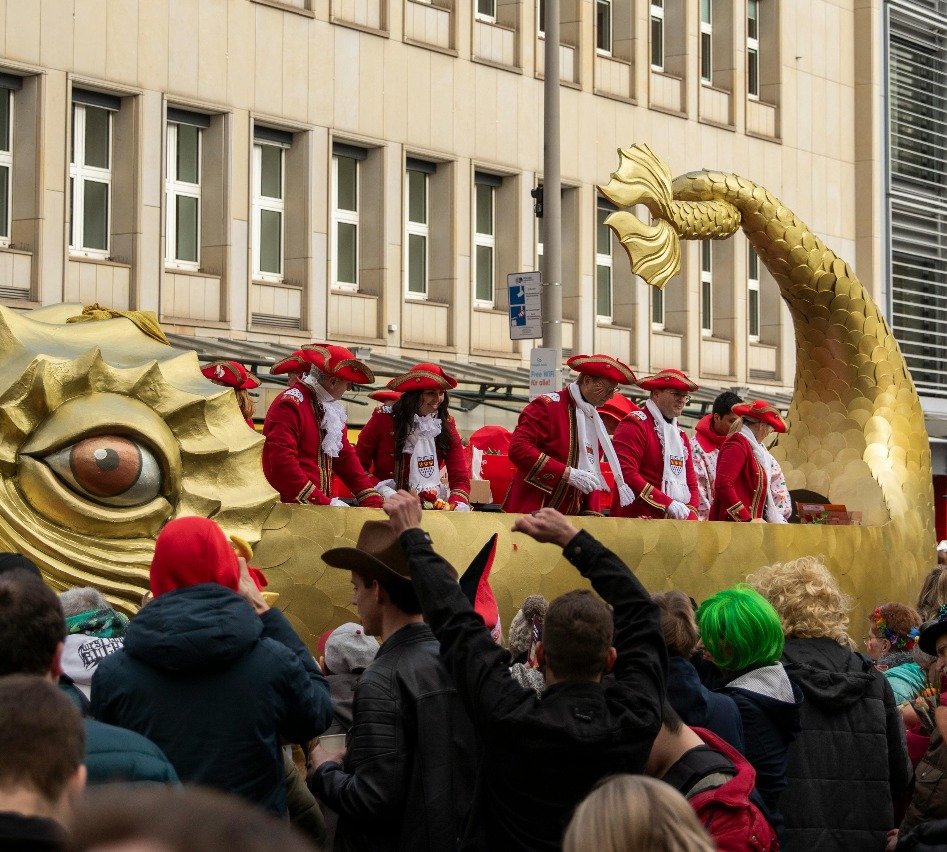
In London, the Notting Hill Carnival is one of the UK's biggest and most vibrant celebrations. This event, which has its roots in Caribbean culture, includes calypso, soca and reggae music, all fused with an English language full of street expressions such as ‘bashment’ (a party) and ‘ting’ (a thing or object). In London, you could learn English in an environment full of culture and rhythm, improving your vocabulary in one of the most emblematic carnivals in Europe. Moreover, thanks to the cosmopolitan atmosphere of the city, our language courses abroad offer you a unique opportunity to learn English while immersing yourself in a multicultural party.
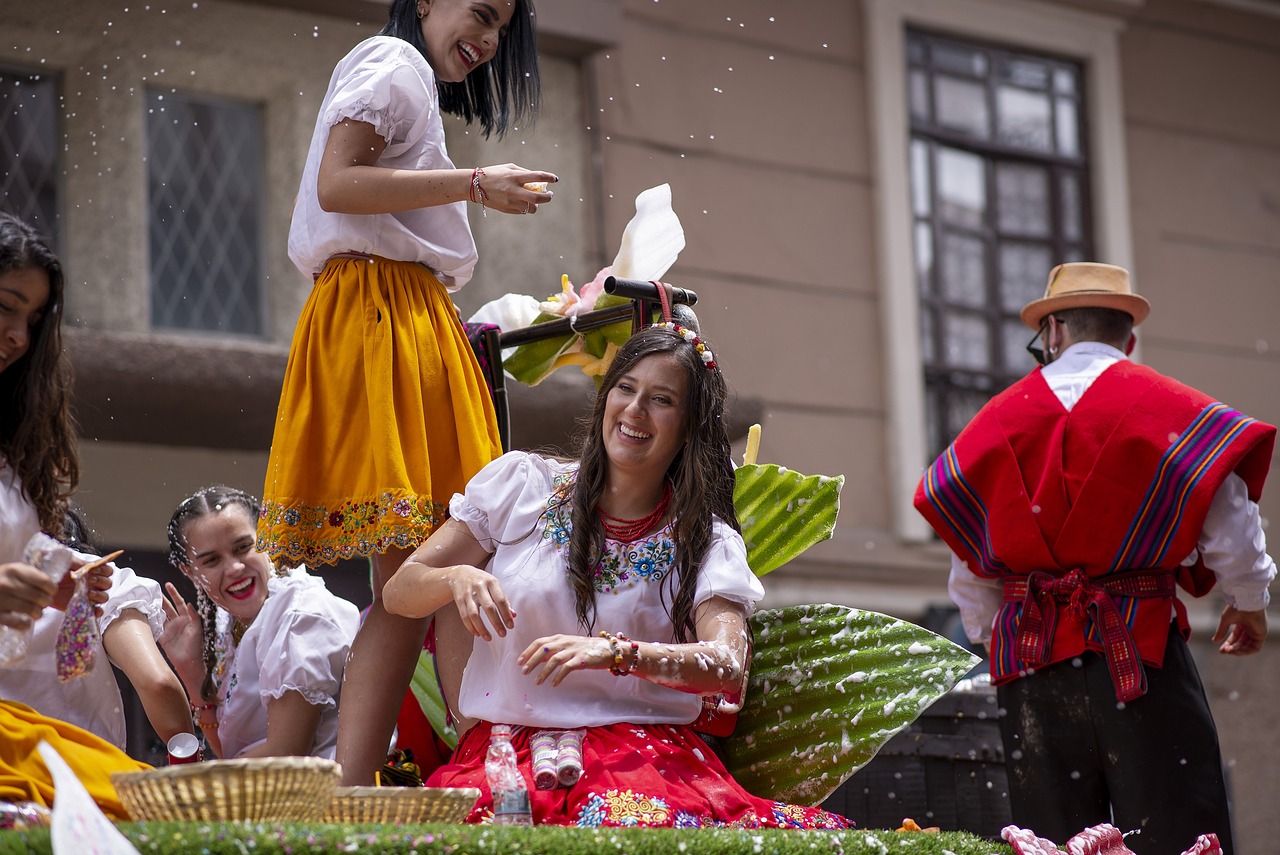
In Trinidad and Tobago, an English-speaking destination famous for its spectacular Carnival, rhythm is the life of the party. Soca and calypso music are the mainstays, and people dance passionately to songs full of humour, social criticism and celebrations of local cultural identity. At this Carnival, in addition to enjoying the parades, participants speak English with a touch of local Creole, making it a perfect experience for those who want to practice their English in a vibrant and energetic environment.
Fun fact: In Trinidad and Tobago, the ‘Pan’, which refers to the musical instrument, has become an essential part of the Carnival tradition. The Steelpan originates from this island, and its unmistakable sound fills the streets during the festival - a true cultural and linguistic icon!
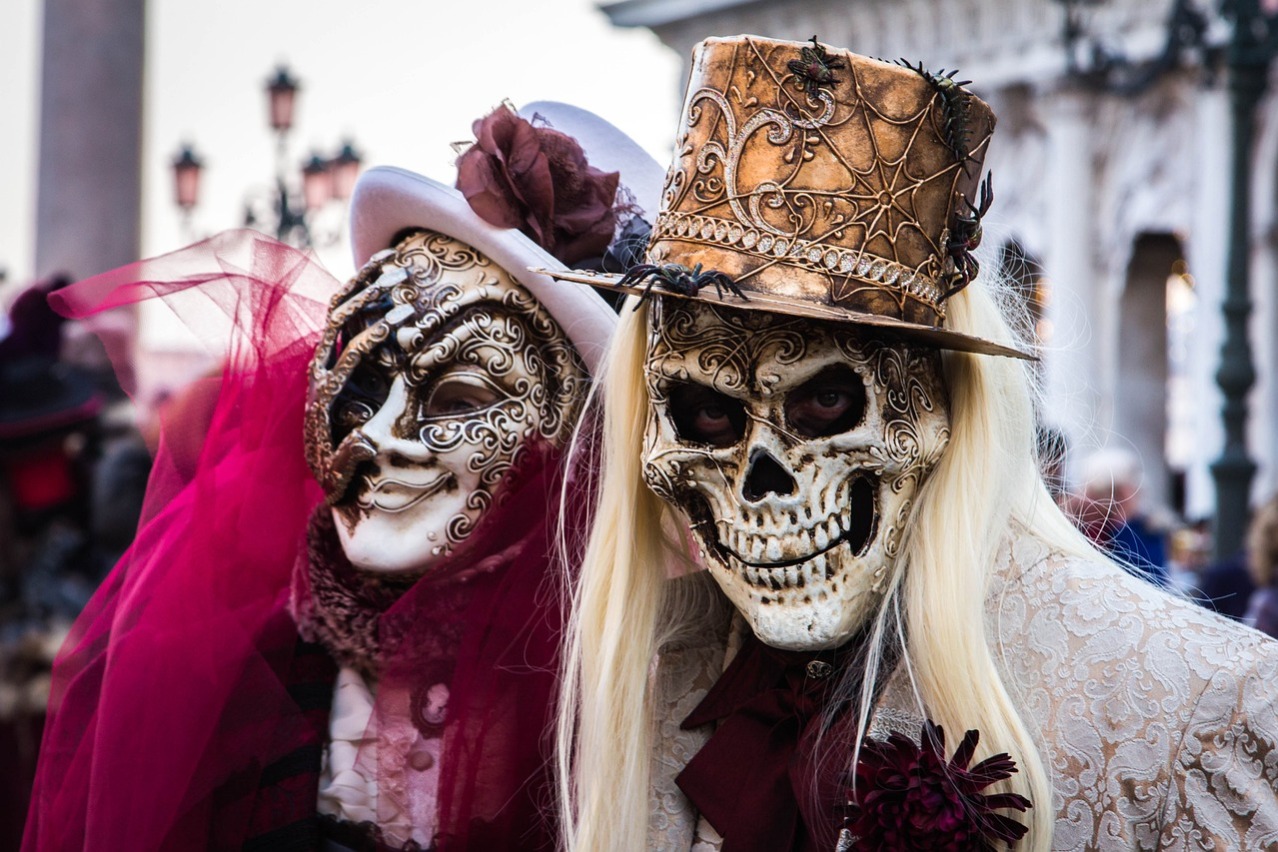 Carnival is not just a party of colours and music, but a unique opportunity to explore how language and culture intertwine. Each country, with its unique traditions and vocabulary, invites visitors to immerse themselves in an experience that goes beyond the party. If you've ever wondered how to learn a language while having an authentic cultural experience, Carnival is the perfect setting!
Carnival is not just a party of colours and music, but a unique opportunity to explore how language and culture intertwine. Each country, with its unique traditions and vocabulary, invites visitors to immerse themselves in an experience that goes beyond the party. If you've ever wondered how to learn a language while having an authentic cultural experience, Carnival is the perfect setting!
Learn English through cultural immersion and discover the secrets of these incredible traditions by taking one of our courses abroad.
Carnival is waiting for you!

